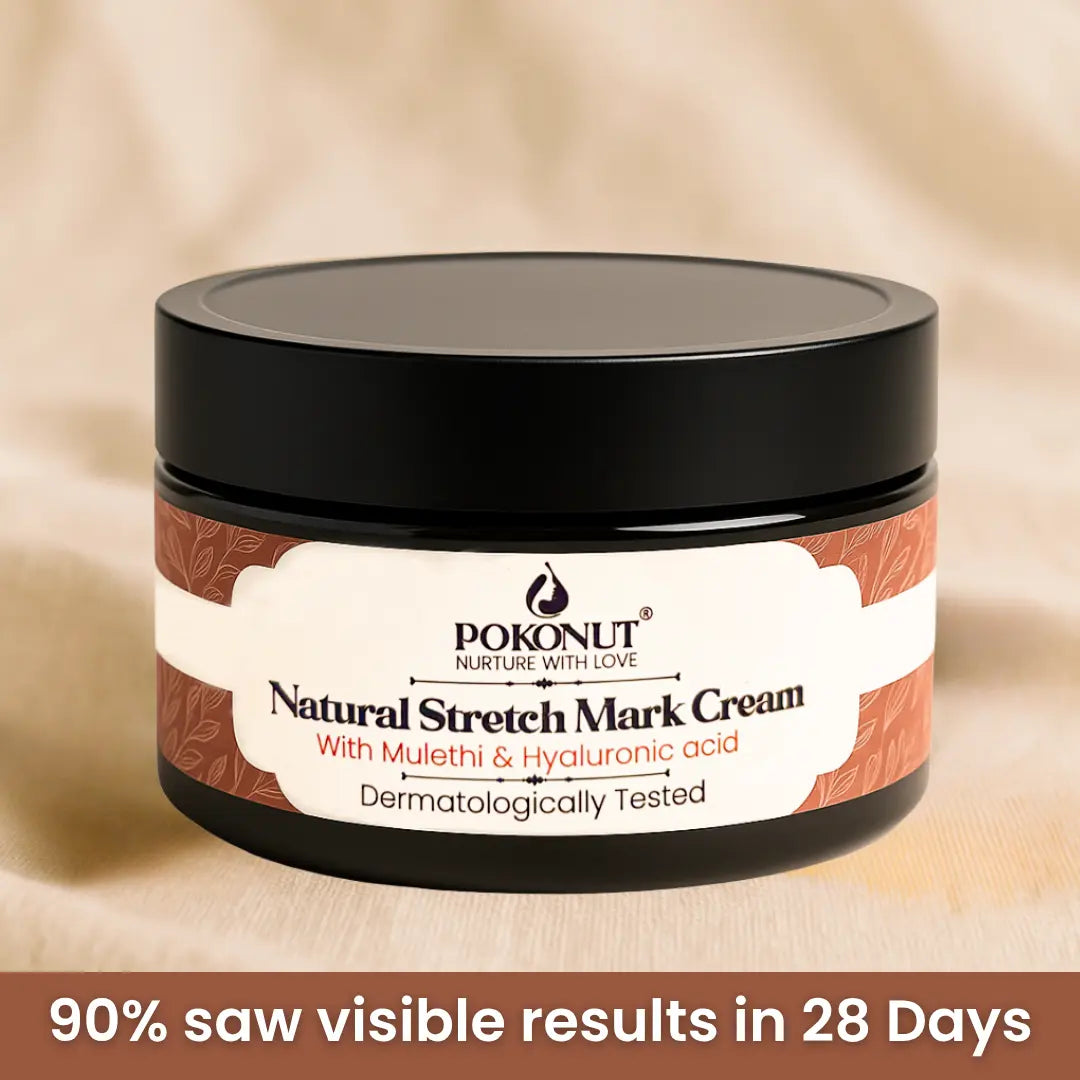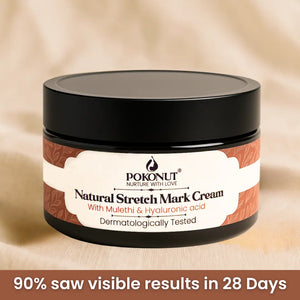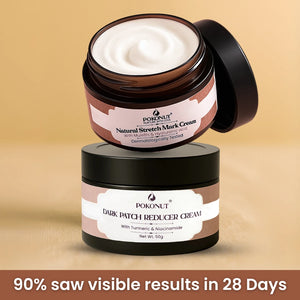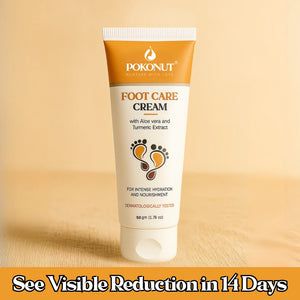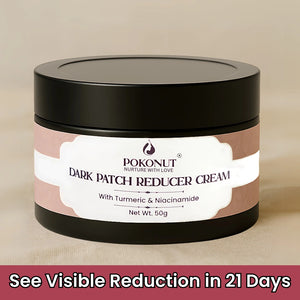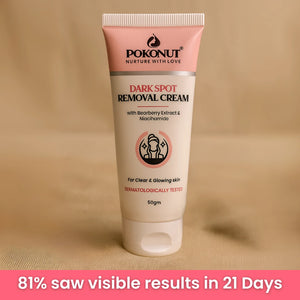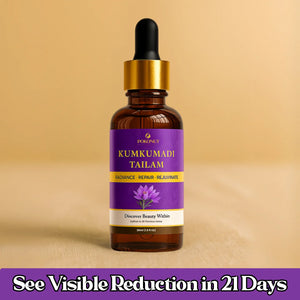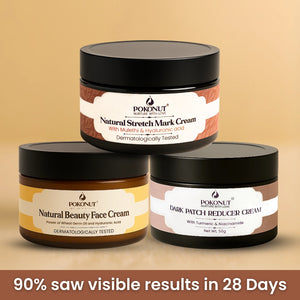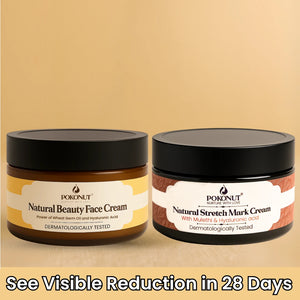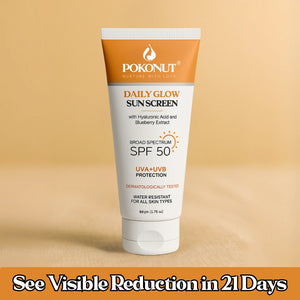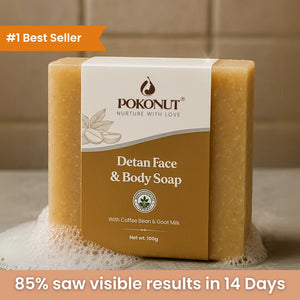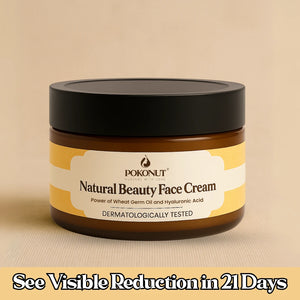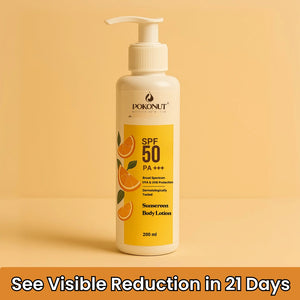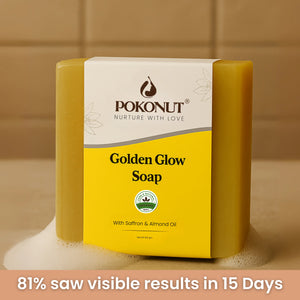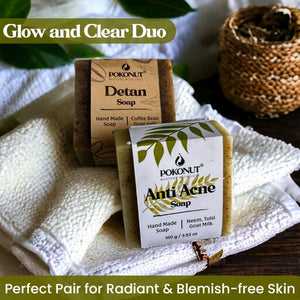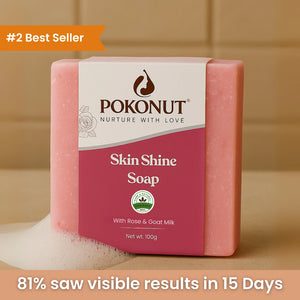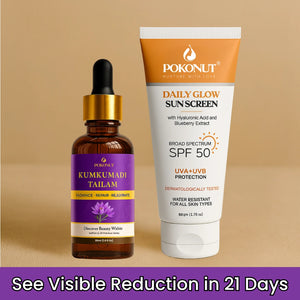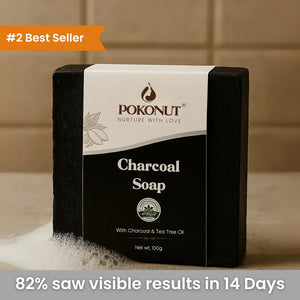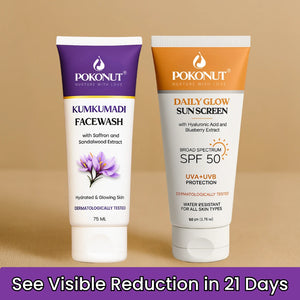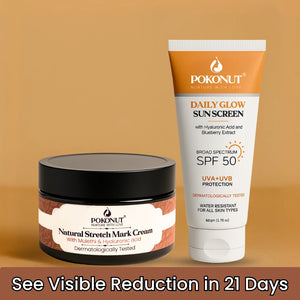How to Reduce Skin Inflammation on Your Face Naturally

Medically Reviewed By:
Dr. Neeraj Bansal, BAMS
Written by Our Editorial Team
Skin inflammation is a common issue that can manifest as redness, irritation, swelling, or breakouts. Whether it's caused by environmental stressors, an underlying skin condition, or lifestyle habits, managing inflammation is key to maintaining a healthy, radiant complexion. In this guide, we'll explore science-backed natural remedies to soothe and heal your skin effectively.
What Causes Skin Inflammation?
Before we dive into solutions, let’s understand the common triggers of skin inflammation:
✔ Environmental Stressors: Exposure to pollution, UV radiation, and harsh weather conditions can trigger inflammatory responses in the skin (Indian Journal of Dermatology, Venereology, and Leprology).
✔ Irritants in Skin Care Products: Certain fragrances, sulfates, and alcohol-based products can cause irritation.
✔ Skin Conditions: Conditions like eczema, rosacea, and psoriasis cause chronic inflammation (National Eczema Association, 2023).
✔ Diet and Lifestyle: High sugar intake, processed foods, and stress have been linked to increased skin inflammation (National Library of Medicine, 2022).
✔ Weakened Skin Barrier: Over-exfoliation or using too many active ingredients can damage the skin’s natural protective layer.
How to Reduce Skin Inflammation Naturally
1. Apply a Cold Compress
Cold therapy is a quick and effective way to reduce swelling and redness. Research shows that cold compresses help constrict blood vessels, reducing inflammation and soothing irritated skin.
Wrap a few ice cubes in a clean towel and press it against inflamed areas for 5–10 minutes.
2. Use Anti-Inflammatory Skincare Ingredients
Certain natural ingredients have been clinically proven to reduce skin inflammation:
Aloe Vera
Aloe vera is known for its cooling and anti-inflammatory properties. Studies show it can significantly reduce redness, swelling, and irritation in inflammatory skin conditions.
How to Use: Apply pure aloe vera gel directly to inflamed areas twice daily.
Colloidal Oatmeal
Rich in avenanthramides (natural antioxidants), colloidal oatmeal helps relieve itching and irritation caused by eczema and dermatitis.
How to Use: Look for oat-based moisturizers or mix oatmeal powder with water to create a calming face mask.
Green Tea Extract
Green tea contains EGCG (Epigallocatechin Gallate), a powerful antioxidant that reduces inflammation, protects against UV damage, and soothes acne-prone skin.
How to Use: Apply green tea serum or toner to your face daily.
Niacinamide (Vitamin B3)
Niacinamide has been scientifically proven to lower inflammation, improve skin barrier function, and regulate sebum production.
How to Use: Use a 5% niacinamide serum daily for best results.
3. Strengthen Your Skin Barrier with Hydrating Ingredients
A weak skin barrier allows irritants to penetrate, leading to chronic inflammation. Hydrating and barrier-repairing ingredients can help:
✔ Ceramides: Essential for restoring the skin’s protective barrier.
✔ Hyaluronic Acid: Deeply hydrates and soothes irritated skin.
✔ Squalane: Mimics the skin’s natural oils, preventing moisture loss.
Look for a moisturizer that contains these skin-repairing ingredients.
4. Eat an Anti-Inflammatory Diet
What you eat has a direct impact on skin inflammation. A study published in the American Academy of Dermatology (2020) found that diets high in sugar, dairy, and processed foods trigger inflammatory responses in the skin.
✔ Eat More: Omega-3-rich foods like salmon, walnuts, and flaxseeds to reduce inflammation.
✔ Boost Antioxidants: Include berries, spinach, and turmeric in your diet.
✔ Reduce Sugar and Processed Foods: High glycemic foods can worsen acne and skin irritation.
5. Protect Your Skin from UV Damage
UV exposure is a major cause of skin inflammation. A study in the Indian Journal of Dermatology, Venereology, and Leprology (2012) confirmed that UV rays damage skin cells and increase oxidative stress, leading to redness and irritation.
✔ Use a broad-spectrum sunscreen (SPF 30+) daily.
✔ Wear protective clothing and avoid sun exposure during peak hours (10 AM – 4 PM).
6. Reduce Stress to Lower Inflammation
Chronic stress triggers inflammatory responses in the body, leading to flare-ups of acne, eczema, and rosacea.
Stress-Reducing Tips:
✔ Practice mindfulness and meditation.
✔ Get at least 7-8 hours of sleep per night.
✔ Engage in activities like yoga or deep breathing exercises.
Recommended Anti-Inflammatory Skincare Products
If you’re looking for effective products to reduce skin inflammation, here are some top-rated options:
1. Pokonut Herbal Face Cream
✔ Infused with Aloe Vera, Niacinamide, and Green Tea Extract
✔ Calms redness, irritation, and breakouts
✔ Restores the skin barrier and hydrates deeply
Try Pokonut’s Face Cream for instantly soothed and healthier skin!
2. Centella Asiatica Soothing Gel
✔ Ideal for sensitive, acne-prone skin
✔ Promotes healing and reduces inflammation
3. Colloidal Oatmeal Moisturizer
✔ Great for eczema and dry, itchy skin
✔ Restores moisture and soothes irritation
4. Green Tea Antioxidant Serum
✔ Packed with EGCG to fight inflammation and redness
✔ Perfect for acne-prone and stressed skin
Final Thoughts
Reducing skin inflammation naturally is possible with the right skincare routine, lifestyle changes, and a diet rich in anti-inflammatory nutrients. By incorporating scientifically backed ingredients like aloe vera, niacinamide, and green tea extract, you can soothe, heal, and protect your skin effectively.
Try these remedies and switch to anti-inflammatory skincare today for a calmer, healthier complexion!
FAQs
1. How long does it take to reduce skin inflammation?
It depends on the cause. Mild irritation can subside within a few hours to days, while chronic inflammation (like rosacea) may take weeks with proper care.
2. Can I use aloe vera daily for skin inflammation?
Yes! Aloe vera is safe for daily use and provides instant relief for redness and irritation.
3. Does stress really cause skin inflammation?
Yes. High cortisol levels from stress can trigger inflammatory skin conditions like acne and eczema.
4. What is the best anti-inflammatory cream for sensitive skin?
Look for Pokonut’s Herbal Face Cream with niacinamide, aloe vera, and green tea extract.
About Doctor :

